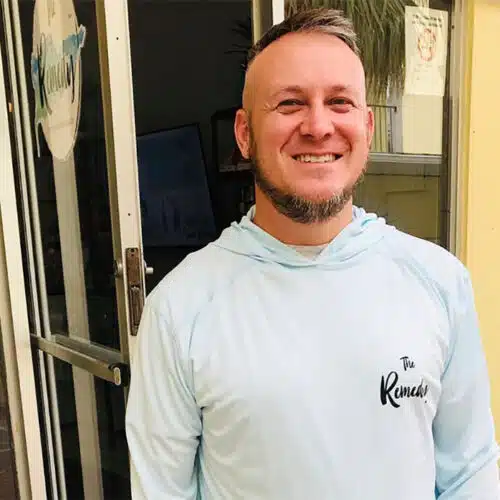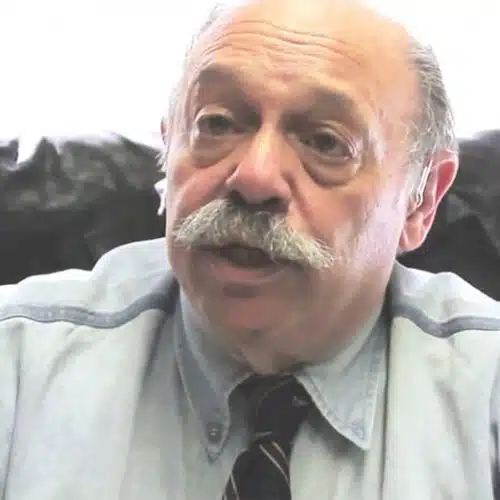With its decision, the Court has ensured that the debate over the medical use of marijuana will continue to take place through political battles rather than through scientific research.
By Brad Burge | Published in MAPS.org
Prof. Craker (right) at a press conference during his 12-year battle for botanical research against the DEA. (Photo credit: Mamamojournal)The United States Court of Appeals for the First Circuit rejected University of Massachusetts-Amherst Prof. Lyle Craker’s lawsuit against the Drug Enforcement Administration for denying him a license to grow marijuana for privately funded medical research.
With its decision, the Court has ensured that the debate over the medical use of marijuana will continue to take place through political battles rather than through scientific research.
The decision brings to an end Craker’s 12-year effort to end the National Institute on Drug Abuse’s monopoly on the supply of marijuana for research.
A laboratory at the University of Mississippi under contract to the National Institute on Drug Abuse is currently the only facility in the U.S. permitted to grow marijuana for research.
Prior to Craker’s application, NIDA had refused to sell marijuana to two FDA- and Institutional Review Board-approved protocols sponsored by the Multidisciplinary Association for Psychedelic Studies (MAPS), preventing them from taking place.
In September 2011, NIDA refused to sell marijuana to a third FDA-approved MAPS-sponsored protocol in 50 U.S. veterans with chronic, treatment-resistant post-traumatic stress disorder (PTSD).
“After such a long struggle, I’m disappointed that the Court failed to recognize the need for an independent source of plant material for use in research on the medical uses of marijuana,” said Prof. Craker. “In doing so, they have failed the American people, especially those for whom marijuana as a medicine could help.”
Craker first applied for the license in June 2001 to start a marijuana production facility at the University of Massachusetts-Amherst under contract to MAPS. Craker filed his lawsuit with the First Circuit Court of Appeals as a response to an August 2011 DEA final order rejecting DEA Administrative Law Judge Mary Ellen Bittner’s 2007 recommendation that it would be in the public interest to grant Craker the license.
In its decision, the Court uncritically accepted the DEA’s arguments that NIDA’s monopoly provided “an adequate supply produced under adequately competitive conditions” and that U.S. obligations under the United Nations Single Convention prohibited the DEA from licensing Prof. Craker.
“This ruling will result in sick people continuing to be denied the medicine they desperately need, and which 18 states and the District of Columbia recognize as legitimate,” said Allen Hopper, criminal justice and drug policy director for the ACLU of California and one of the lawyers representing Prof. Craker. “The Obama administration must stop blocking the research necessary to take marijuana through the FDA approval process.”
The decision leaves the U.S. supply of marijuana for research entirely in the hands of NIDA, which 1999 HHS regulations prohibit from providing to scientists seeking to develop the whole plant into an FDA-approved prescription medicine.
Craker was represented in the case by Washington, D.C., law firm Covington & Burling LLP and the American Civil Liberties Union.
MAPS is a non-profit research and educational organization whose mission includes developing marijuana into an FDA-approved prescription medicine.


